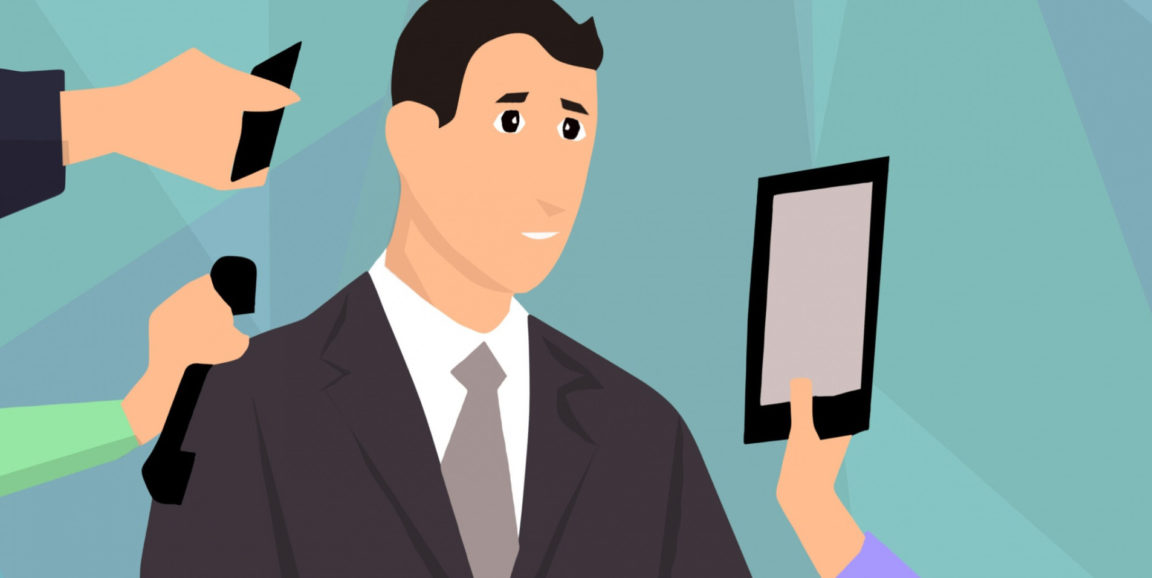Imagine that you're working on your computer, watching the Warriors game, exchanging texts and checking Facebook. Sound familiar? Many people simultaneously view multiple media streams every day.
Over the past decade, researchers have been studying the relationship between this type of heavy media multitasking and cognition to determine how our media use is shaping our minds and brains. This is a particularly critical question for teenagers, who use technology for almost 9 hours every day on average, not including school-related use.
Many studies have examined the cognitive performance in young adults using a variety of task-based tests -- comparing the performance of heavy and light multitaskers. According to a recent review article, these studies show that heavy multitaskers perform significantly worse, particularly when the tasks require sustained, goal-oriented attention.
For example, a pivotal study led by Anthony Wagner, PhD, a Stanford professor of psychology and co-author of the review article, developed a questionnaire-based multitasking index to identify the two groups -- based on the number of media streams a person juggles during a typical consumption hour, as well as the time spent on each type of media. Twelve forms of media were included, ranging from computer games to cell phone calls.
The team administered their questionnaire and several standard cognitive tests to Stanford students. In one series of tests, the researchers measured the working memory capabilities of 22 light multitaskers and 19 heavy multitaskers. Working memory is the mental post-it note used to keep track of information, like a set of simple instructions, in the short term.
"In one test, we show a set of oriented blue rectangles, then remove them from the screen and ask the subject to retain that information in mind. Then we'll show them another set of rectangles and ask if any have changed orientation," described Wagner in a recent Stanford Q&A. "To measure memory capacity, we do this task with a different number of rectangles and determine how performance changes with increasing memory loads. To measure the ability to filter out distraction, sometimes we add distractors, like red rectangles that the subjects are told to ignore."
Wagner also performed standard task-switching experiments in which the students viewed images of paired numbers and letters and analyzed them. The students had to switch back and forth between classifying the numbers as even or odd and the letters as vowels or consonants.
The Stanford study showed that heavy multitaskers were less effective at filtering out irrelevant stimuli, whereas light multitaskers found it easier to focus on a single task in the face of distractions.
Overall, this previous study is representative of the 20 subsequent studies discussed in the recent review article. Wagner and co-author Melina Uncapher, PhD, a neuroscientist at the University of California, San Francisco, theorized that lapses in attention may explain most of the current findings -- heavy media multitaskers have more difficulty staying on task and returning to task when attention has lapsed than light multitaskers.
However, the authors emphasized that the large diversity of the current studies and their results raise more questions than they answer, such as what is the direction of causation? Does heavier media multitasking cause cognitive and neural differences, or do individuals with such preexisting differences tend towards more multitasking behavior? They said more research is needed.
Wagner concluded in the Q&A:
I would never tell anyone that the data unambiguously show that media multitasking causes a change in attention and memory. That would be premature... That said, multitasking isn't efficient. We know there are costs of task switching. So that might be an argument to do less media multitasking.
Image by Mohamed Hassan




